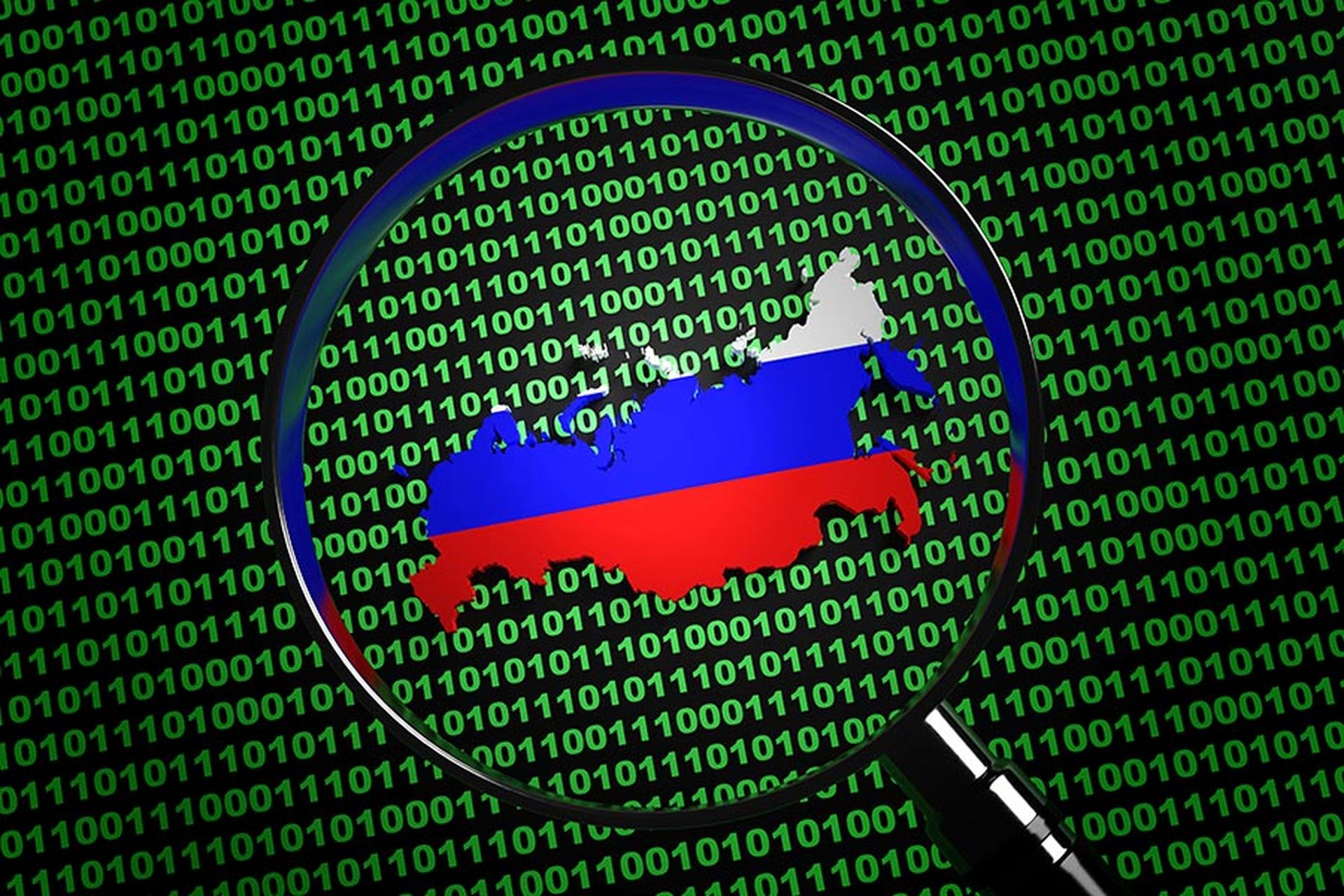Artificial Intelligence. Semiconductor chips. Quantum computing. Autonomous systems. Biotechnology.
These five emerging technologies “may determine whether America remains the world’s leading superpower or is eclipsed by strategic competitors in the next few years” and must be protected from malicious hackers, foreign governments and other threats, according to the National Counterintelligence Security Center.
The center, part of the Office of National Director of Intelligence, released a document Friday that outlined the important role these technologies – and the domestic industries that produce them – will play in maintaining U.S. economic and national security over the next decade and beyond. Accordingly, the NCSC announced that it will prioritize outreach efforts around all five industries to explore further cooperation and gain insight into how these emerging technologies could be wielded by other countries or actors.
“While the democratization of such technologies can be beneficial, it can also be economically, militarily, and socially destabilizing,” the document states. “For this reason, advances in technologies such as computing, biotechnology, artificial intelligence, and manufacturing warrant extra attention to anticipate the trajectories of emerging technologies and understand their implications for security.”
The document lists two countries that intelligence officials expect to present unique threats in these areas: China and Russia.
Not surprisingly, the NCSC views China as the primary strategic competitor. Policymakers in Beijing have fast tracked massive investments in artificial intelligence, semiconductor manufacturing and other nascent technologies.
Additionally, a long-simmering territorial dispute between China and Taiwan have given rise to concerns in some national security circles about the potential for a future war or invasion. In addition to the potential for massive damage and loss of life, it would also have serious ramifications for the global semiconductor industry. Taiwan is the world’s leading manufacturer of computer processing chips, accounting for more than 60% of the $83.5 billion global foundry market. Much of that comes from a single business, Taiwan Semiconductor Manufacturing Company, which accounted for 54% of total foundry revenue last year and is relied on by U.S. tech behemoths like Apple, Qualcomm and others.
The U.S. has made its own efforts to freeze out Chinese technology companies and industries, who American officials say are quasi-legally obligated to assist the Chinese government in national security matters and represent a potential cybersecurity risk for other countries. As semiconductor experts Tery Daly and Jordan Schneider noted in Lawfare earlier this year, both the Trump and Biden administrations have leveraged U.S. economic and security sanctions to cut off Chinese companies from the global semiconductor market. These tools include “tariffs, increasingly restrictive approvals of mergers and acquisitions, joint ventures and export licenses for advanced technologies, the expansion of the Denied Persons List, and the enactment of the Foreign-Produced Direct Product Rule” as well as crusades against individual companies like Huawei.
Russia, by dint of its relentless targeting of U.S. governments and science and technology industries, is also viewed as a top threat and competitor. In addition to high profile hacks like the SolarWinds and Microsoft Exchange campaigns, uses a variety of other methods to siphon technology secrets from U.S. firms, including “illicit procurement networks, seeking technology transfer through joint ventures with Western companies, and requiring access to source code from technology companies seeking to sell their products” as well as talent recruitment programs and international collaborations.
The NCSC views artificial intelligence as a “quintessential” example of dual use technology that can both supercharge many technology-based elements of society as well as increase the lethality and information awareness of military operations. On the cybersecurity front, such technologies can be leveraged to augment the effectiveness of cyber attacks, disinformation campaigns, espionage campaigns and other threats. The center believes the potential for countries like China to surpass the U.S. over the next year is real.
Quantum computing is also viewed as a gamechanging technology with applications to both defensive and offensive cybersecurity. The sheer processing power that such computers will bring to bear is exponentially larger and faster than anything running today. Additionally, scientists and security experts believe such computers will, in the not too distant future, be capable of cracking most forms of classical encryption used by the world today, something that the National Institute of Standards and Technology and intelligence agencies like the NSA are preparing for now. The document notes that the U.S. invests substantially less in its quantum industries than some other countries, while strategic competitors are racing to hire or recruit top quantum scientists around the world.
At a recent conference, Mandiant executives told reporters that the biotechnology sector – particularly post-COVID – is now firmly in the crosshairs of foreign governments and their state-aligned hacking groups. While China was China as the preeminent player, the lessons of the pandemic and uneven global vaccine rollout mean that many other countries will have similar incentives.
“It may not always be COVID-specific but we do believe that moving forward the biotech field will be one of the most targeted spheres for cyberespionage now, because everyone now has this exigent need to develop these cures, these treatments or get their hands on the developments of others,” said John Hultquist, vice president of intelligence at Mandiant.
The NCSC also sees a wide variety of ways that malicious actors could leverage biotechnologies, either by developing their own bioweapons or tampering with or compromising biotech companies, their systems or products.
“For example, biotechnology can be misused to create virulent pathogens that can target our food supply or even the human population. Genomic technology used to design disease therapies tailored to an individual also can be used to identify genetic vulnerabilities in a population. Large genetic databases that allow people’s ancestry to be revealed and crimes to be solved also can be misused for surveillance and societal repression.”



